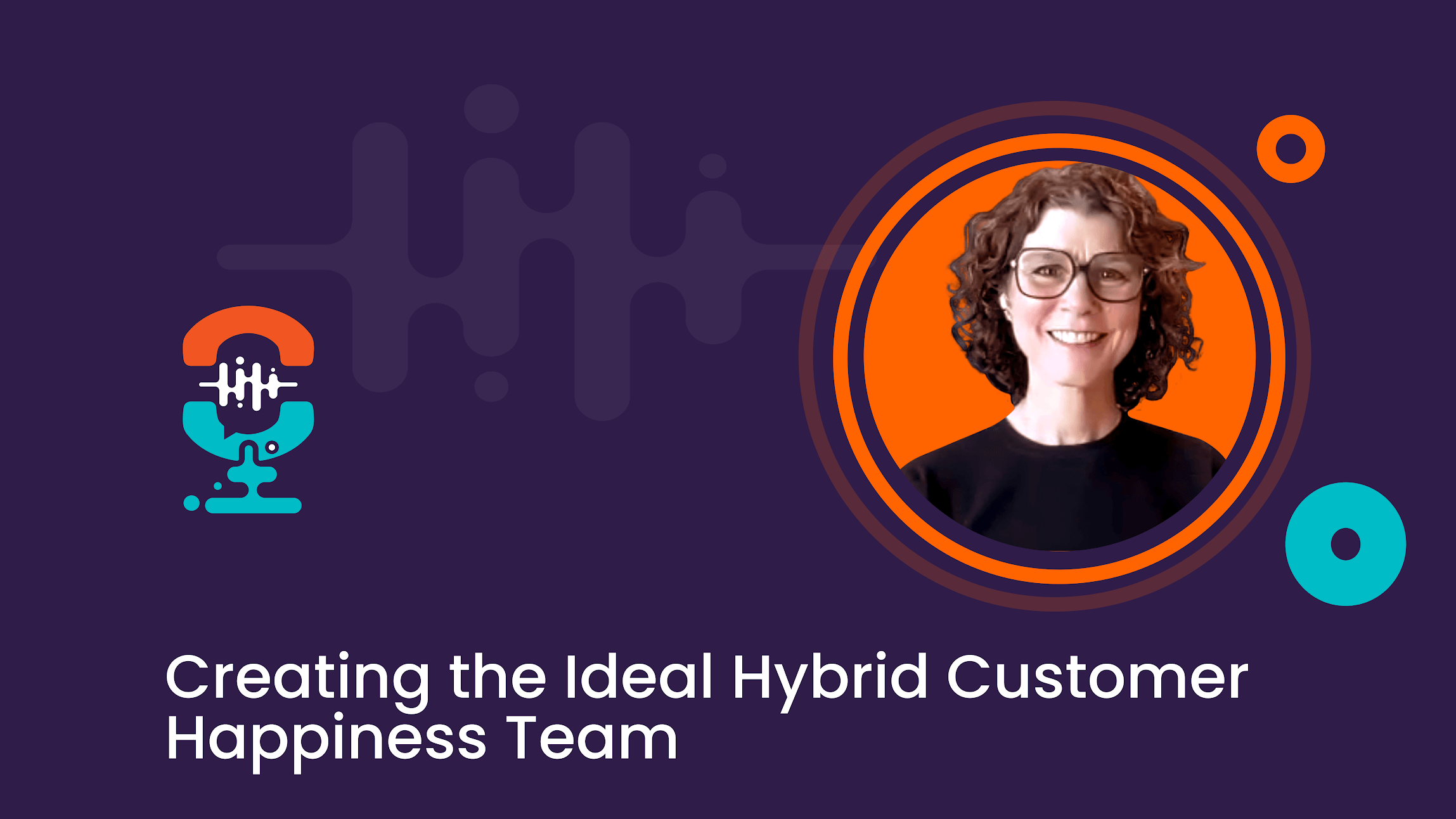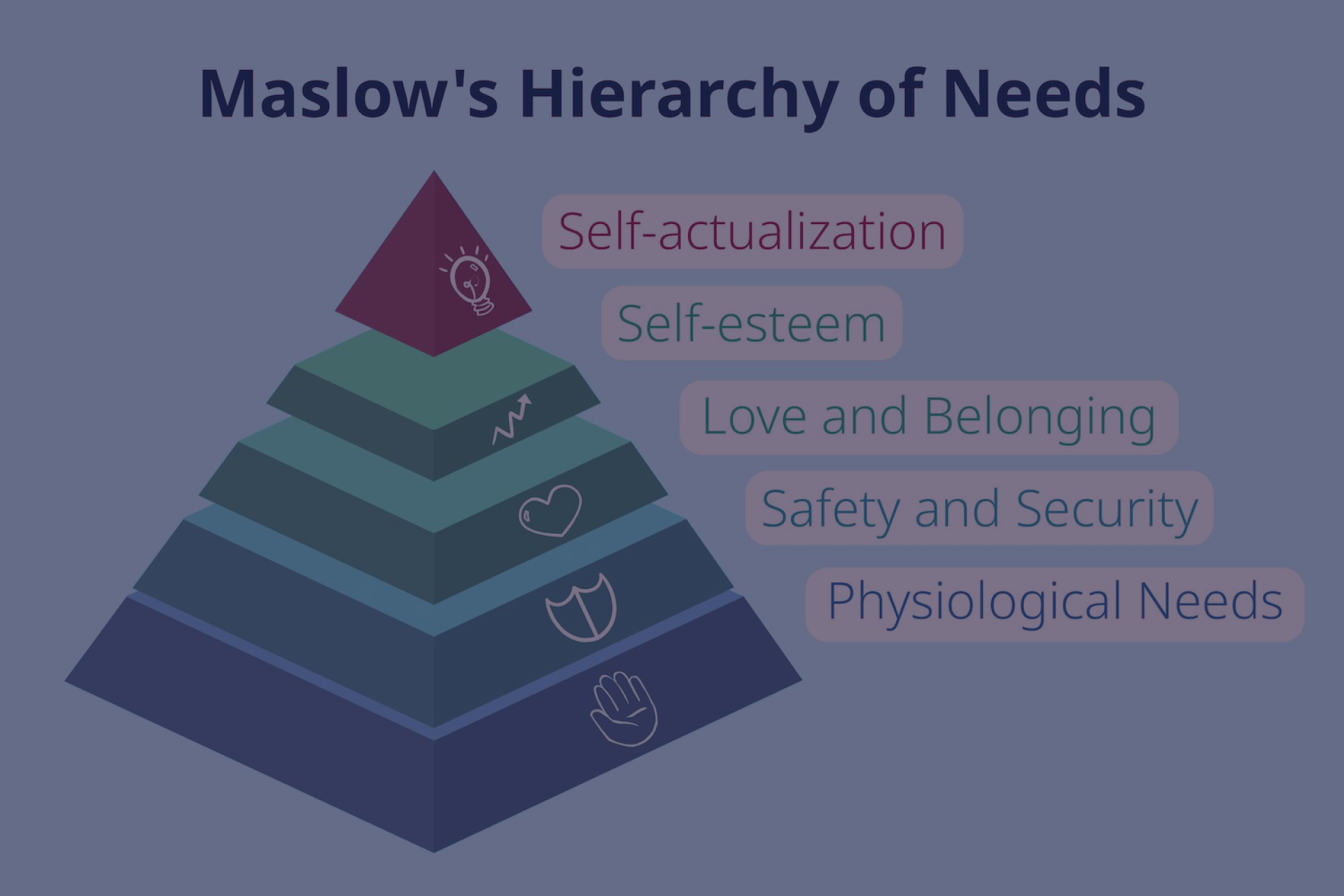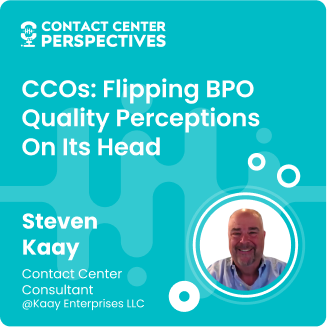Creating the Ideal Hybrid Customer Happiness Team

Byline: This article is based on an interview with Gemma DePalma, the Chief Operating Officer (COO) of Foria Wellness, with a background in R&D, product development, supply chain, logistics, and customer experience.
Key Takeaways:
- The customer happiness team should be integrated with other company departments, such as marketing and operations, to ensure a holistic approach to customer satisfaction.
- Empathy, active listening, and solution-oriented thinking are crucial skills for the customer happiness team to address customer needs effectively.
- Turning negative experiences into positive ones can lead to lifelong customer loyalty and increased lifetime value.
- Outsourcing customer happiness can be successful if the outsourced team is treated as an integral part of the company, included in meetings and product launches, and provided with the necessary product knowledge.
- Viewing the customer happiness team as a value center rather than a cost center can lead to better customer experiences, increased customer loyalty, and overall business growth.
Introduction
In today’s competitive business landscape, customer satisfaction is paramount to any company’s long-term success. The customer happiness team is crucial in ensuring customers have a positive experience and feel valued. However, many companies view their customer support departments as cost centers, failing to recognize the potential value they can bring to the business. This article will explore the ideal hybrid customer happiness team concept and how it can drive business growth and customer loyalty.
The Importance Of A Holistic Approach
The customer happiness team should not be isolated from the rest of the company; instead, it should be integrated with other departments to create a holistic approach to customer satisfaction. At Foria, a company focused on female intimate well-being, the customer happiness team is closely connected with the marketing and operations teams. This integration allows for a seamless flow of information and ensures that customer feedback is incorporated into decision-making processes.
Gemma DePalma, the COO of Foria, emphasizes the importance of including the customer happiness team in meetings and product launches. The team gains firsthand knowledge of the company’s products, marketing campaigns, and overall business strategy. This inclusion empowers the team to provide better customer support and make informed recommendations based on their needs.
The Ideal Customer Happiness Team
Foria has found success with a hybrid customer happiness team consisting of full-time employees, part-time employees, and outsourced support staff. This hybrid model allows the team to provide support 24/7, ensuring that customers’ needs are met promptly. Gemma highlights the importance of having a team that can cover more hours and days of the week while still listening to customers and providing thorough and knowledgeable responses.
The ideal customer happiness team goes beyond simply answering customer inquiries; it acts as a tour guide, recommending products and solutions that meet customers’ needs. This requires active listening, empathy, and a solution-oriented mindset. By empowering the team to make recommendations and provide personalized support, companies can turn negative experiences into positive ones and create lifelong customers.
Turning Negative Experiences Into Positive Ones
One key role of the customer happiness team is to address and resolve customer complaints. Gemma shares examples of how Foria’s team has successfully turned negative experiences into positive ones. In some cases, customers who initially had a negative experience with a product became loyal advocates after receiving personalized support and recommendations for alternative products. The team can create a positive outcome and build long-term customer loyalty by refunding or replacing products and taking the time to understand customers’ needs.
The Impact On Business Growth
Treating the customer happiness team as a value center rather than a cost center can significantly impact business growth. Companies can increase customer lifetime value and foster brand loyalty by providing exceptional customer support. Gemma highlights the importance of word-of-mouth marketing, where satisfied customers become advocates and recommend the company to their friends and family. On the other hand, negative experiences can lead to negative word-of-mouth, potentially damaging the company’s reputation.
The customer happiness team also plays a crucial role in gathering valuable customer insights. By actively listening to customer feedback and analyzing trends, companies can make informed decisions about product development, marketing campaigns, and overall business strategy. This information can be used to improve existing products, develop new offerings, and tailor marketing messages to better resonate with customers.
Conclusion
The ideal hybrid customer happiness team is a valuable asset to any company. By integrating the team with other departments, treating outsourced support staff as integral team members, and empowering the team to provide personalized support and recommendations, companies can create a holistic approach to customer satisfaction. Viewing the customer happiness team as a value center rather than a cost center allows companies to leverage customer feedback to drive business growth and foster long-term customer loyalty. By prioritizing the happiness of their customers, companies can create a positive brand image and stand out in a competitive market.
Looking for specific information?
Our specialist will help you find what you need in customer service outsourcing
Book a callDiscover Contact Center Perspectives Podcast
Discover the themes that resonate most with your challenges
 English
English





